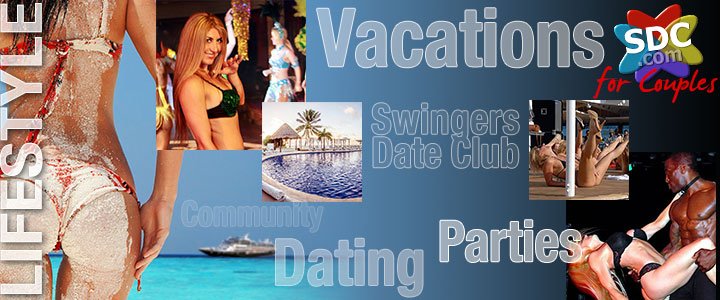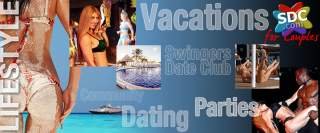What's your Myers-Briggs Personality Type?
646 members have voted
-
Similar Content
-
By iapr
This post is going to use a lot of labels and stereotypes in the quest gathering information so please turn off the PC filter and share your thoughts openly and maybe we can all seek some useful knowledge together.
A couple days ago I referred to someone as a nerd and I passed it off as ok for me to say that since I am a nerd too. Always have been always will be ( I most closely resemble Gilbert from the original 'Revenge of the Nerds' movie).
Anyway, I got to thinking and it dawned on me that a lot of the people I have encountered in the lifestyle could also be classified as nerds.
Before we got into the lifestyle I had a preconceived notion that the swinger community would be made up primarily of the jock/stud category of men and the cheerleader/beauty queen category of women. What I have witnessed in real life is far from that.
Most of the men I have seen have not been smooth talking ladies men at all and have not been players at all or even necessarily that socially comfortable or outgoing. I have come across a few single males that are totally players and probably score a lot in the vanilla world as well as the lifestyle but they have been the exception. Many of the male halves of couples I have seen have been quite passive if not downright socially awkward and uncomfortable.
Ditto for the ladies. some have been physically beautiful and reasonably charming but most have been just ordinary folks and not a stereotypical cheerleader type at all. And while many of the single males have fit the jock/stud mold, the single fems I have met in person have been the opposite and many probably struggle for a date in the vanilla world.
So I guess my question is, are any of your observations similar or different from what I have described? Please share your thoughts and observations on this. I often hear discussions regarding cliques and such within the lifestyle and I am wondering if this is yet another battlefield between the jocks/cheerleaders and the nerds or is the lifestyle a place where the nerds truly do outnumber the jocks?
-
By intuition897
What persona do you most identify with?
Everyone has their own personal style, their own charm, but for the guys out there, I want to know if there are any trends. So...what type of guy are you?
-
By Spoomonkey
I know this has been discussed here, but I was thinking about this...
Most of us would say that while looks are important, personality can often be the deal breaker...
But here's my question - let's say that you have played with two couples - one couple are both absolute knock outs - built like you ordered them - but their personalities are a little lacking. Nothing bad, really, after all you did connect with them once - but still a little like talking to cardboard.
The other couple is cute - within the strike zone - but still, they have their flaws - and if it hadn't been for their sparkling personalities, you'd probably not have connected. But there was that twinkle in her eye and that incredible sense of humor of his... And so you played - and had a good time...
Now - you show up at the club...
You put your beer in the cooler and walk out into the common area. They are both there - and they both see you and smile...
Who are you playing with tonight?
Spoomonkey
-


